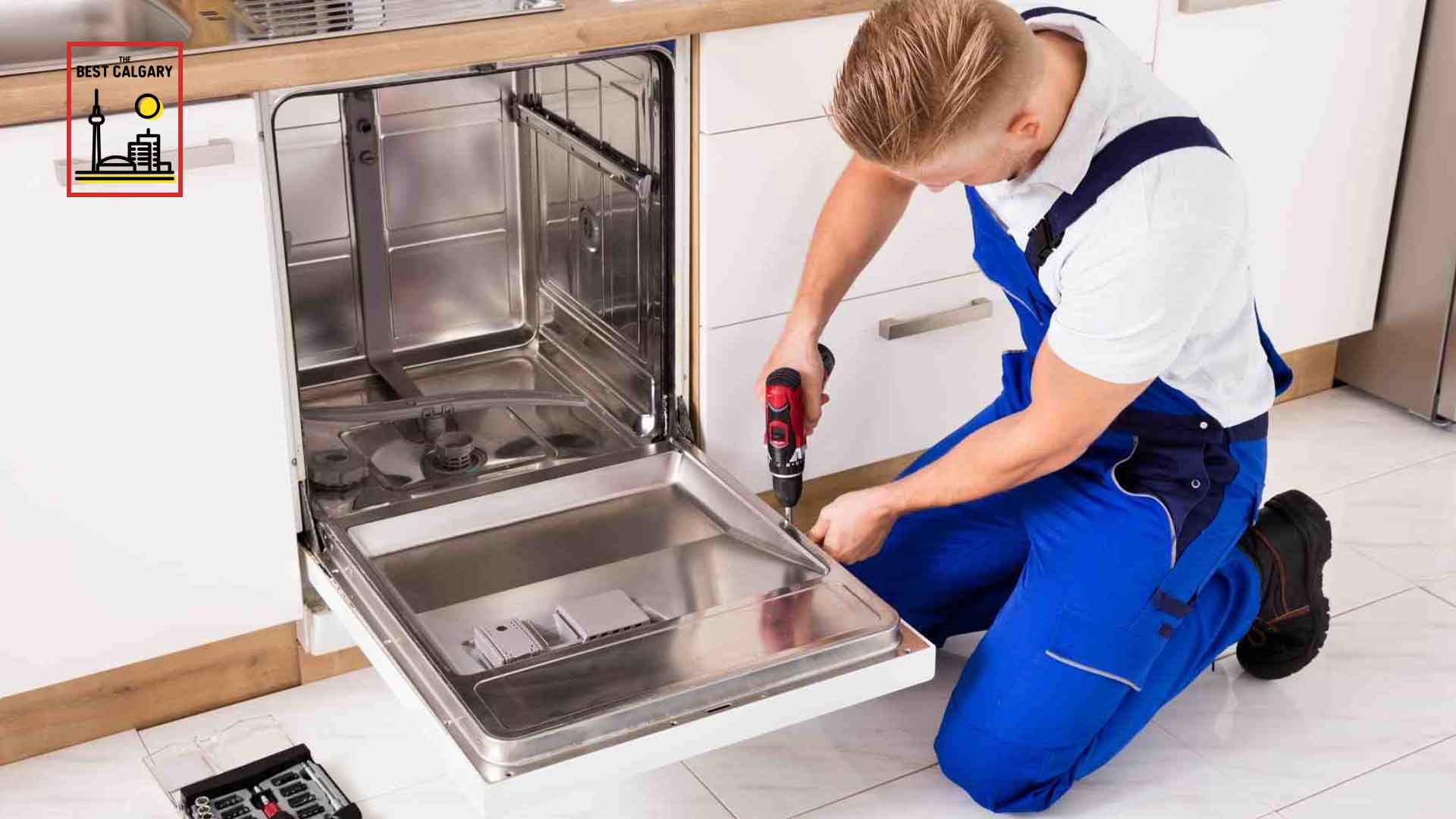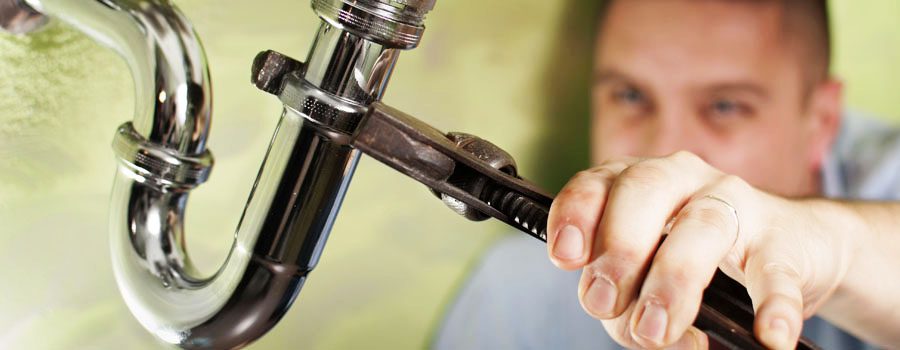Suggested Site
Every person may have their private idea involving Can Hard Water Ruin Your Appliances?.

The secret to long-term appliances, unsurprisingly, appertains upkeep. There's no hard and fast guideline that can ensure your plumbing devices a long wear, but you can avoid unnecessary damage as well as repair services by staying clear of negative plumbing behaviors.
You should quit doing these 6 points else you'll maintain calling your plumber over for minor faults.
Purging whatever
Yes, your bathroom drain results in the sewers, yet that does not indicate you must dispose just anything down the drain. Several 'flushable' products are actually great obstruction starters, for example floss. Asides keeping noticeable non-flushable products like wires and also plastics out of your toilet, you need to likewise stay clear of flushing cotton buds, menstruation items, wipes, daipers as well as prophylactics down the toilet drain.
Putting oil in the sink
We know appropriately dealing with oil after a hearty meal is a discomfort. But merely putting it away can do long-term damage to your pipelines. "The fat and grease can clog your drain badly sufficient to require you to call a plumber," describes Dawson. "Plumbing works best when it's well taken care of-- not abused with oil."
Utilizing excessive drain cleaner
Utilizing a drain cleaner more than once or twice a month is a sign that something significant is taking place within your pipelines. Now, instead of facing the major problem, you opt for a quick fix; a fizzy drainpipe cleaner. Rightfully, a drain cleaner will look after the obstruction, however at what cost?
The chemicals in a drainpipe cleaner can accelerate the rust of your pipelines. Add that to whatever underlying trouble is triggering the obstruction as well as you might have to a significant problem on your hands.
If you experience way too many clogs, call your emergency plumber as opposed to using a drain cleaner.
Not washing recipes before packing them right into the dish washer
it's called a dishwashing machine, however throwing in dishes, pots, as well as frying pans covered in big food fragments can actually cause some major damages to the device, bring about long-term problems down the line. "Property owners may have to get their dishwasher repaired more often if they don't wash their meals before filling, or a minimum of eliminate bigger food pieces," clarifies Audrey Monell, owner of Forrest Anderson Plumbing and Air Conditioner in Glendale, Arizona. "Food that gets stuck on dishes triggers the dish washer to function harder, which can wear down parts faster, resulting in issues."
DIYing whatever
With plumbing, a stitch in time actually does save 9. You can avoid a fullblown plumbing emergency by calling your plumber at the correct time.
You may have found out a few plumbing hacks from your daddy, yet you should recognize where to draw the line as well as call a specialist. For example, you may have the ability to fix a blockage yourself, however you should not attempt to transform a pipe. You could mismatch pipes or overtighten a bolt, creating even more injury and also damages than you thought. Calling a plumber is a safe and inexpensive choice.
Not altering your dish washer hoses
One easy method to make certain that you utilize your dish washer for several years is to replace the pipe a minimum of when in five years. This also makes an application for washing equipment pipes.
In time, food particles, soap and also grease can create clogs within your pipes. Replacing them on time will certainly stop any presure develop that can damage the inner operations of your dish washer or cleaning device.
A reinforced steel intertwined tube does a terrific work of prolonging your device's usage time.
No winter safety measures
Severe climate condition are bad for your pipes, especially if they're made from steel. You ought to protect your subjected pipelines, and also your water container, even if you have a hot water heater. You need to additionally switch off your yard hose pipe valve and any other external water channels. These networks are electrical outlets for cool; you pipelines can start to ice up from outdoors if you don't.
How Hard Water Damages Your Plumbing and Appliances
Hard water is no stranger to most households across America. This silent invader affects 85% of homes in the United States every day, wreaking havoc on pipes, plumbing fixtures, and water-using appliances.
Should you become a victim of hard water, you must understand exactly what it is and how it affects your plumbing and appliances. This will help you determine the correct measures to put in place to fix or prevent any problems that may arise.
First off, what exactly is “hard” water?
In short, “hard water” is used to describe water that contains relatively high amounts of dissolved minerals, primarily calcium and magnesium, and a host of trace metals. When rainwater falls from the sky (usually in a pure form), it absorbs the hardness minerals from rocks and soil, which changes it from soft to hard water.
What about my plumbing and appliances?
Mineral deposits from hard water can cause buildup on tubs, shower, sinks, faucets. But that’s only a small scratch of the surface. Those minerals can gradually build up inside pipes, fixtures, water heaters, washing machines, and dishwashers. Once they accumulate in those areas, they can clog pipes and create major problems throughout your plumbing system, from reduced water flow to increased pressure on pipes and fixtures.
This limescale buildup might affect some appliances, causing them to operate less efficiently and wear down faster. And the result? Higher energy bills, more (costly) plumbing replacements and repairs, and damaged appliances.
Keep in mind that certain types of plumbing are more susceptible to clogging than others. Copper, PVC, and PEX pipes are more resistant to hard water buildup and corrosion, but they can still get clogged or completely blocked by scale deposits.
How do I know if my water is hard?
White limescale buildup on plumbing fixtures (or any of the other signs mentioned above) is usually a good sign that your water is hard. If you suspect that you have hard water, you can simply shake up a small amount of dish soap and water in a closed container. If the mixture doesn’t create a lot of suds, you probably have hard water.
The most precise method, however, is to test your water with a DIY test kit (sold online or at local home centers or hardware stores) or send a water sample from your tap to a local lab to be tested. Be sure that you understand the nature of the test, the water condition being measured, and the significance of the test results.
Another way to obtain an estimate of water hardness is to check your annual water quality report to see if your water provider has reported any instance(s) of water hardness in your water supply.
https://www.springwellwater.com/how-hard-water-damages-your-plumbing-and-appliances/

We were shown that article about Ways to Make Your Pipes Last Longer from a friend on another domain. Remember to take the time to distribute this blog post if you liked it. I am grateful for your time. Please check our website back soon.
This Post